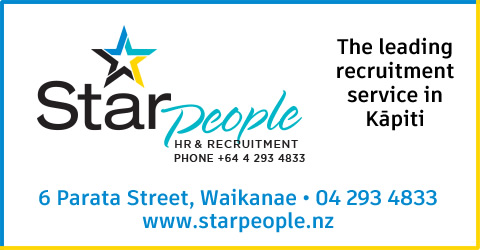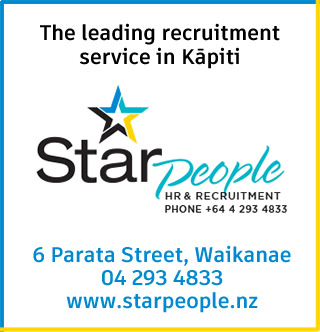
A $29.3 million government contribution to infrastructure that will enable approximately 1000 new homes to be built in Ōtaki is a ‘transformational investment’ for a community facing significant housing stress says Kāpiti Mayor K. Gurunathan.
The funding, delivered over the next 10 years through Kāinga Ora’s Infrastructure Acceleration Fund, will contribute to water and roading infrastructure. It is the result of a joint application by Kāpiti Coast District Council; iwi partners, particularly Ngā Hapū o Ōtaki; landowners; and developers to support housing developments located in Ōtaki.
“We know housing stress in Kāpiti is widespread, and that it has a domino effect, negatively impacting a range of outcomes like education, community connectedness and food security. The reality is that without adequate housing there can be no wellbeing,” says Mayor Gurunathan.
“Through our recent work to understand housing need in our district we identified that Ōtaki has the highest need with the greatest affordability pressures on residents. Only 20 percent of renters can affordably pay the median market rent, with only 2 percent able to buy a dwelling at the median market sale price.”
Kāpiti Housing Portfolio leader Cr Rob McCann says he is ecstatic that the work Kāpiti has put into the growth strategy and identifying the housing needs in the region has been recognised by the government who have approved a massive infrastructure grant to our region.
“This is huge,” says Cr McCann. “Over the next ten years, this funding will contribute to water and roading infrastructure which is vital to support the additional 32,000 new residents expected over the next 30 years. A significant proportion of that growth is expected to occur in Otāki, an area that has some of the most pressing needs in our region.”
He says the key to this success has been a strategic approach to plan for growth through the Growing Well Strategy, and then identifying the real housing needs across our region through the Housing Needs Assessment.
“That research fed into our active Housing Strategy which has seven focus areas including a focus on Infrastructure and Service Provision to meet projected growth. The aim of this strategy is to seek government funding opportunities to bring forward infrastructure investment,” says Cr McCann.
Ngā Hapū o Ōtaki says its own housing needs assessments demonstrated that whānau want to stay in Ōtaki but cannot continue to meet rising housing costs.
“Many are being displaced out of the town, losing connections to critical support networks, hapū, and marae. Nearly half of whānau have had to access support for living costs or have delayed payment of bills,” says a Ngā Hapū o Ōtaki spokesperson.
“We need Iwi-led solutions to fulfil housing aspirations and care for te taiao. Seeking assurance that all housing developments will prioritise caring for our waterways and provision of healthy affordable homes for our Ōtaki community is the priority. Providing suitable ‘papakāinga’ homes and communities will bring many benefits and change for whānau now and into the future. Solutions to achieve ‘good growth’ is the goal.”
Mayor Gurunathan says housing is a complex issue and not solely the responsibility of any one organisation or sector. “Solutions must lie in partnerships and we are immensely grateful for this transformational investment for Ōtaki, and for those in our community struggling with housing accessability.”
More on Council’s housing work at Housing – Kāpiti Coast District Council (kapiticoast.govt.nz)














































